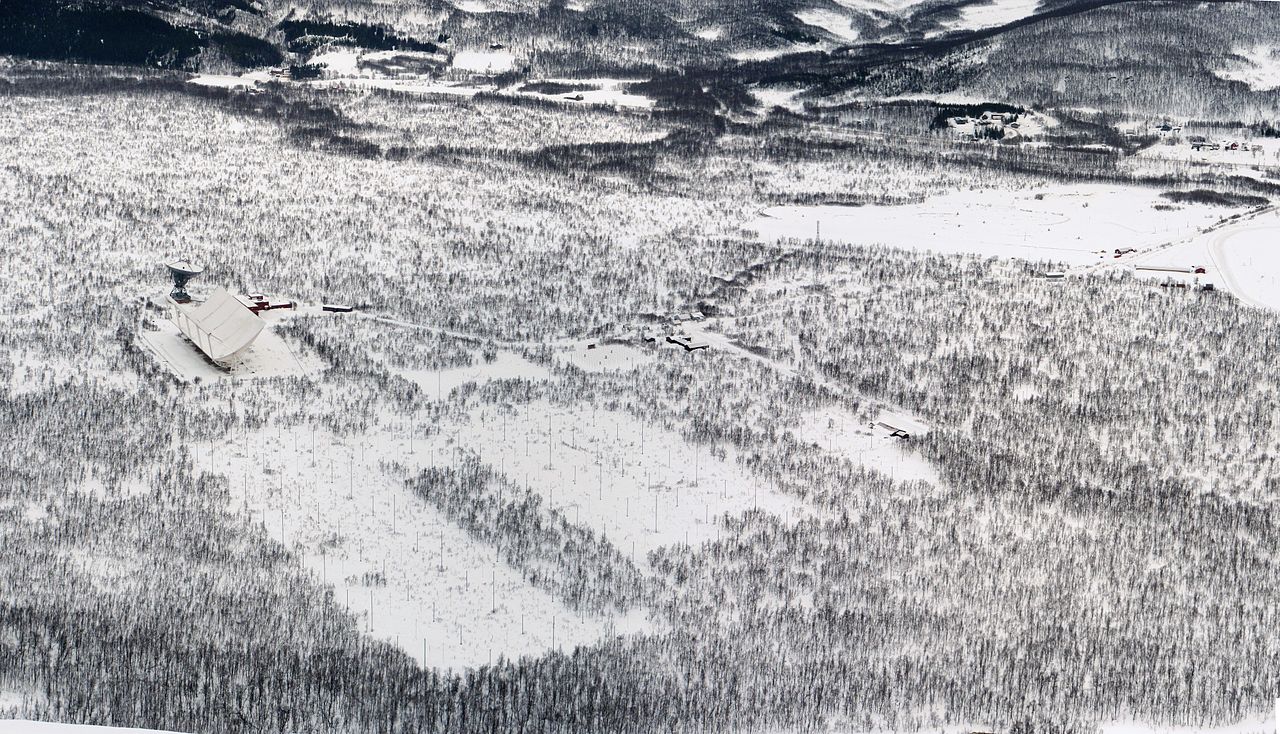
Continue reading

Continue reading
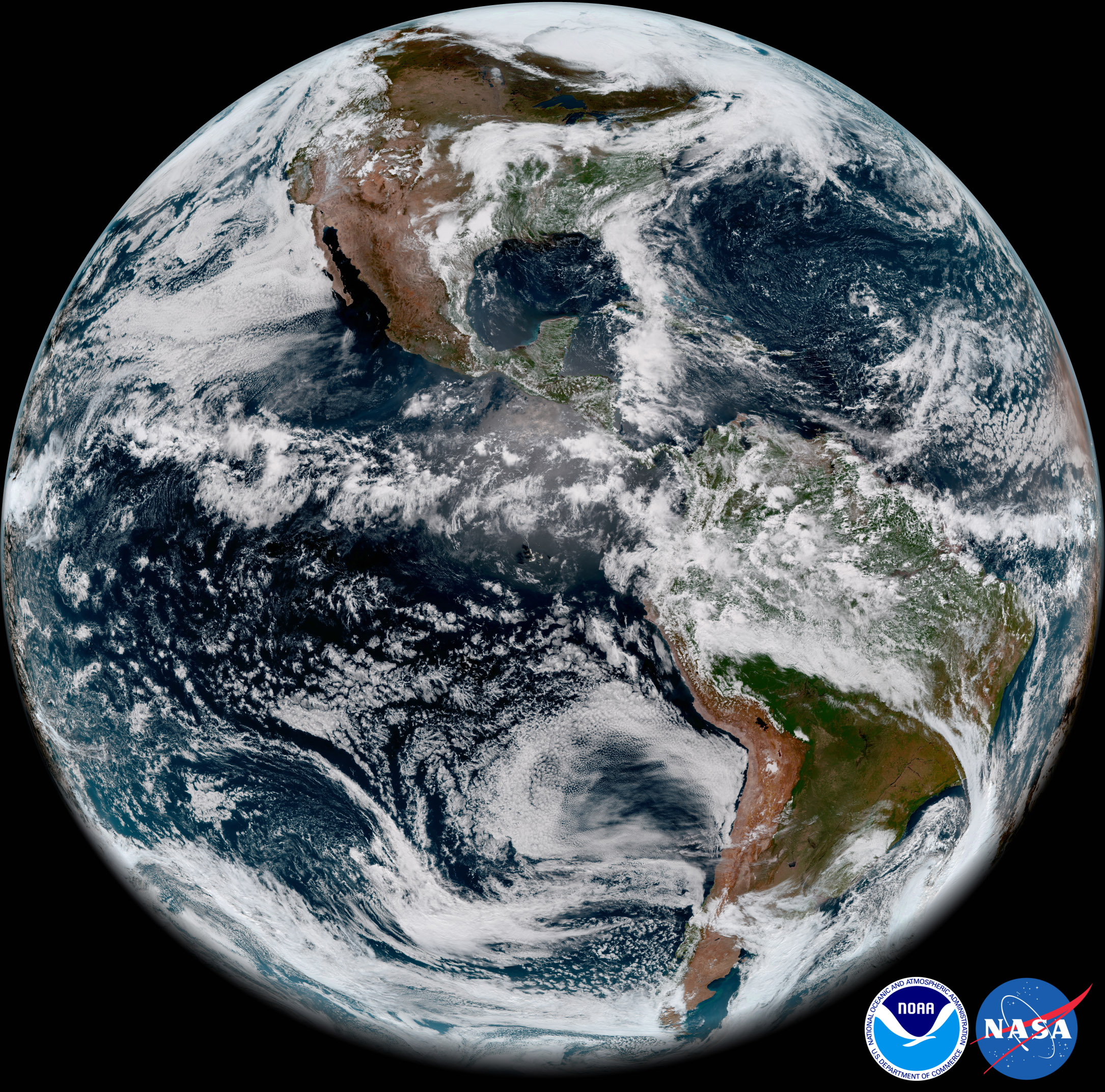
The NOAA's GOES-17 satellite, a second-generation Earth-observing satellite, recently released its "first light" pictures of Earth.
Continue reading
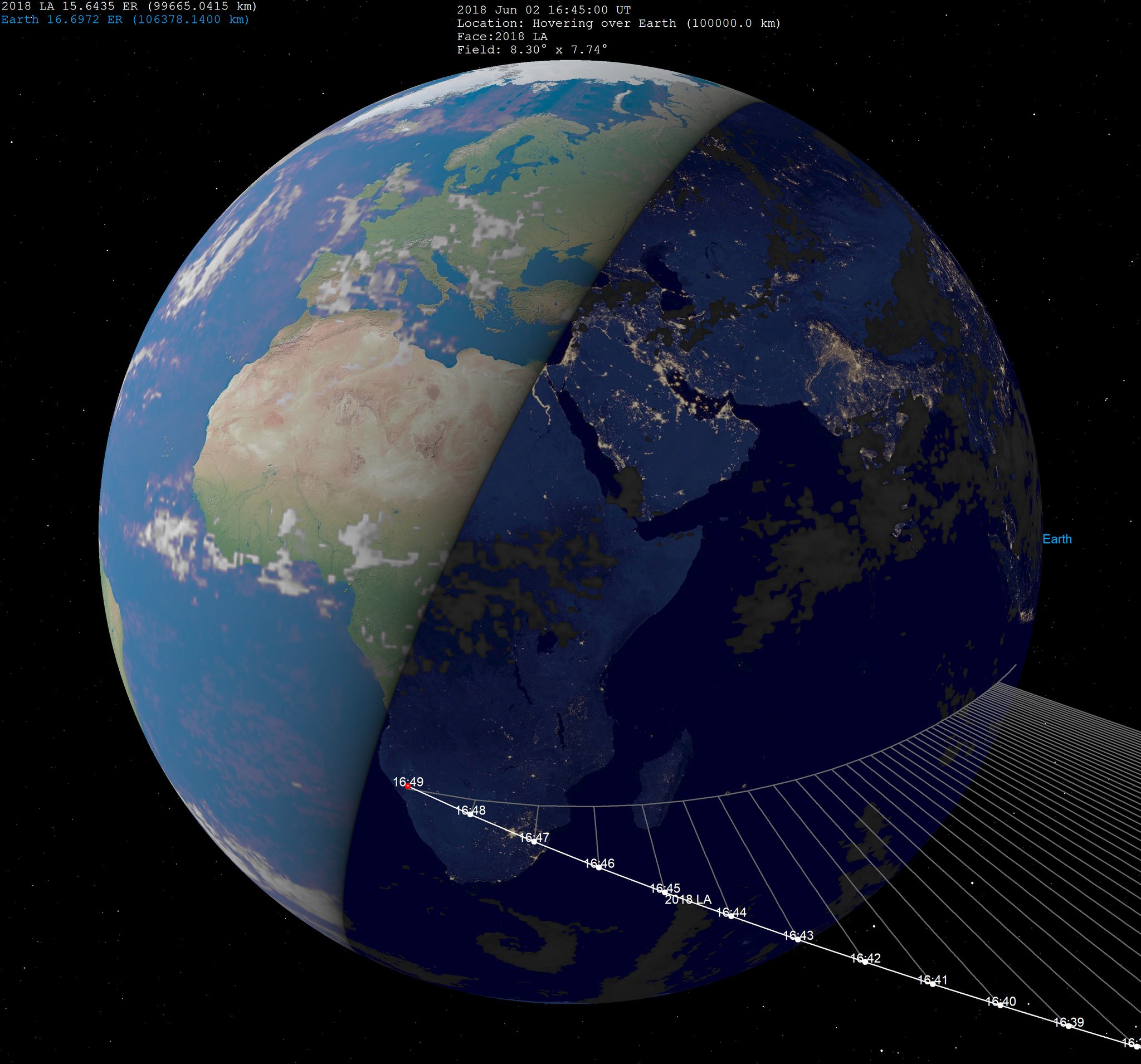
A tiny crashed exploded above the skies of Africa on Saturday, June 2nd. It turns out, it had been discovered just hours before impact.
Continue reading
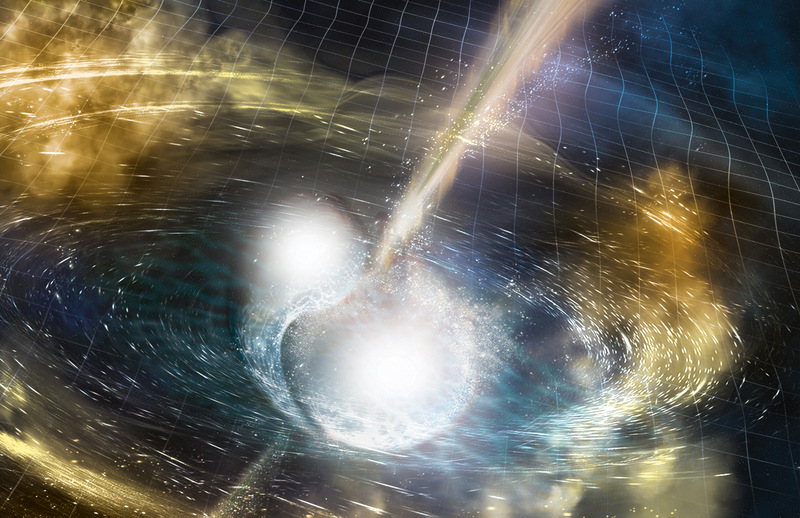
The kilonova event that took place last year, where two neutron stars merged, is now believed to have formed a black hole.
Continue reading
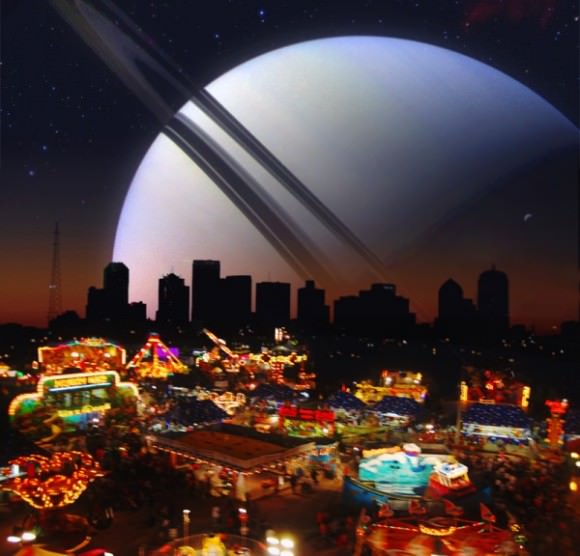
Continue reading
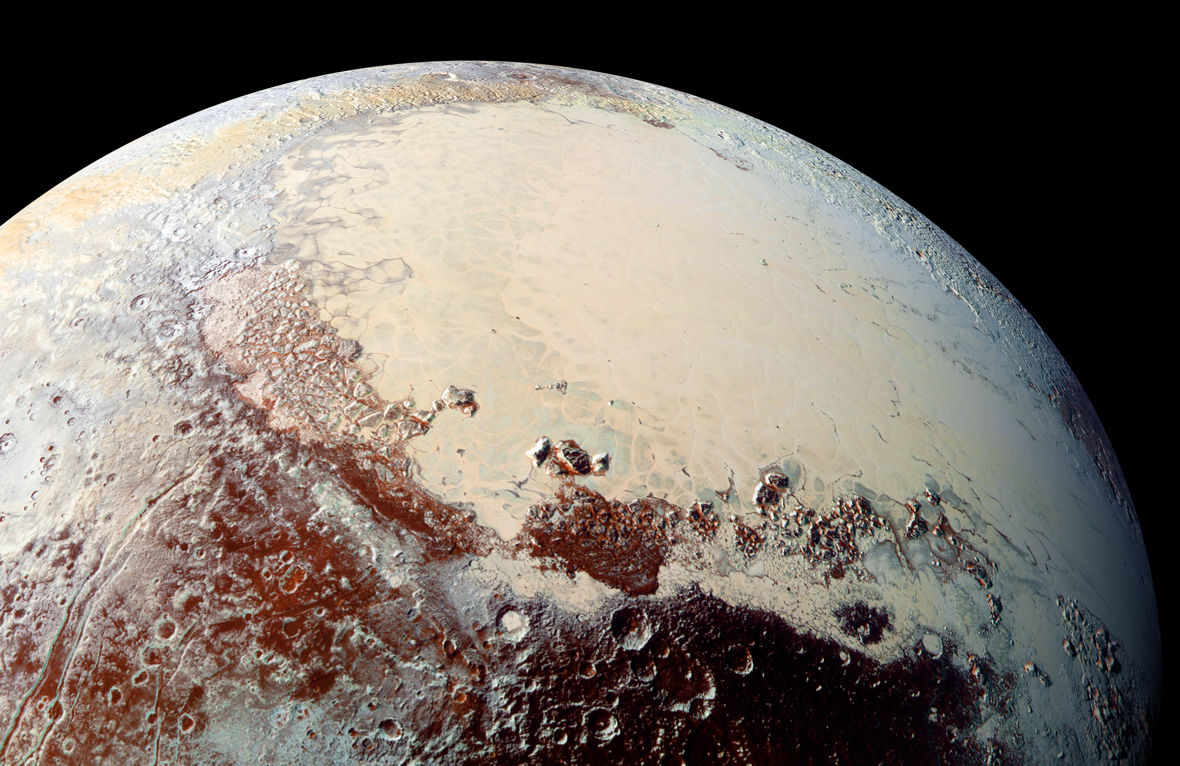
After reviewing data from the New Horizons mission, an international team of scientists determined that Pluto has dunes made of grains of methane
Continue reading
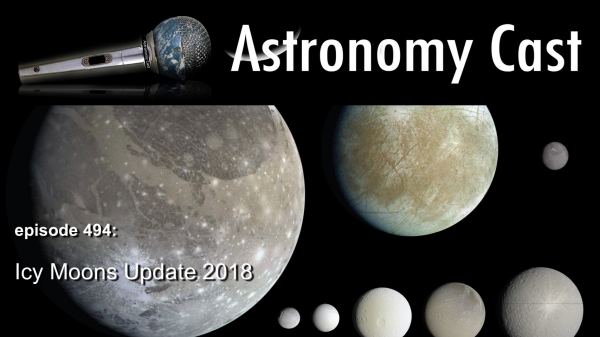
Continue reading
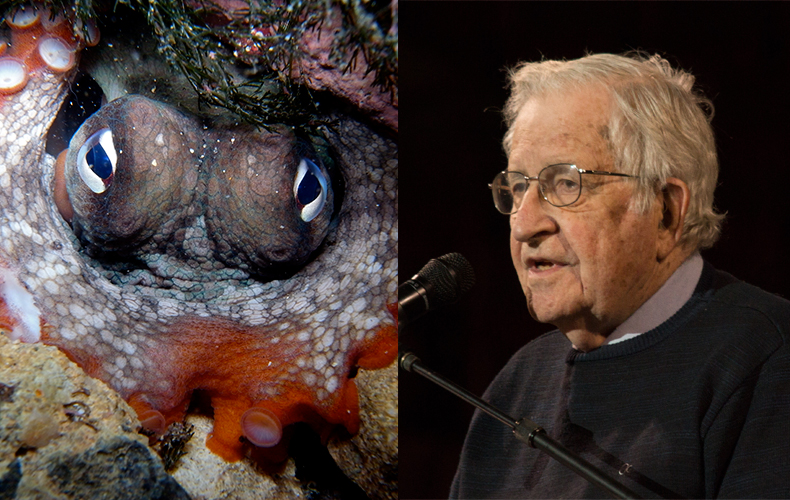
Is there any way we can hope to communicate with aliens? Will they have a concept of language as we understand it, or something even more alien?
Continue reading
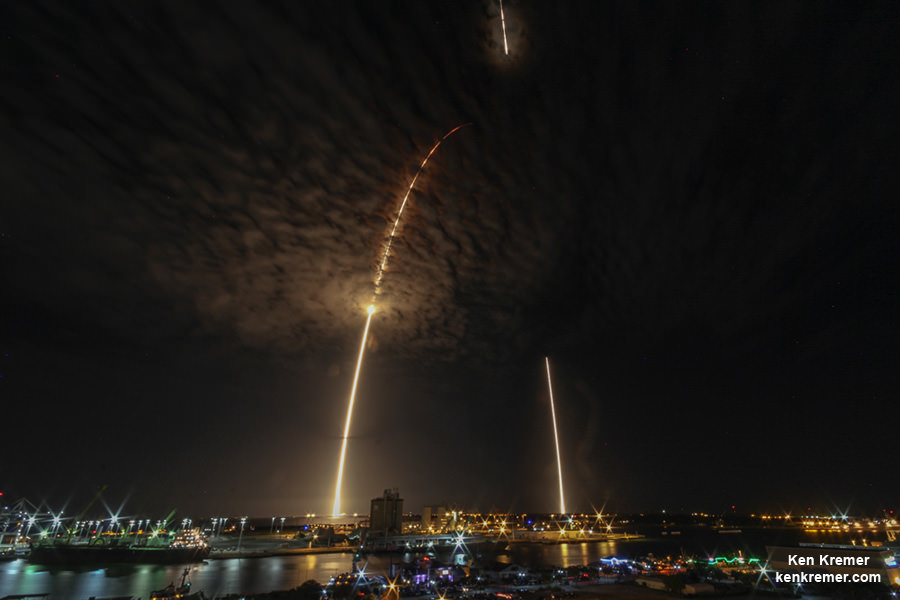
A team of engineers from the University of Glasgow and the Ukraine have proposed a self-eating rocket as a way to cut the costs of individual launches.
Continue reading
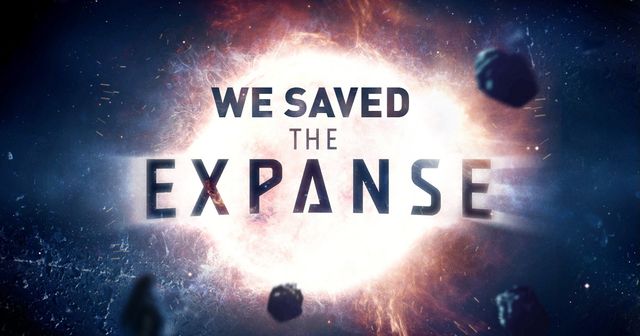
At this year's National Space Society's International Space Development Conference, Jeff Bezos announced that Amazon Prime would be picking up The Expanse.
Continue reading
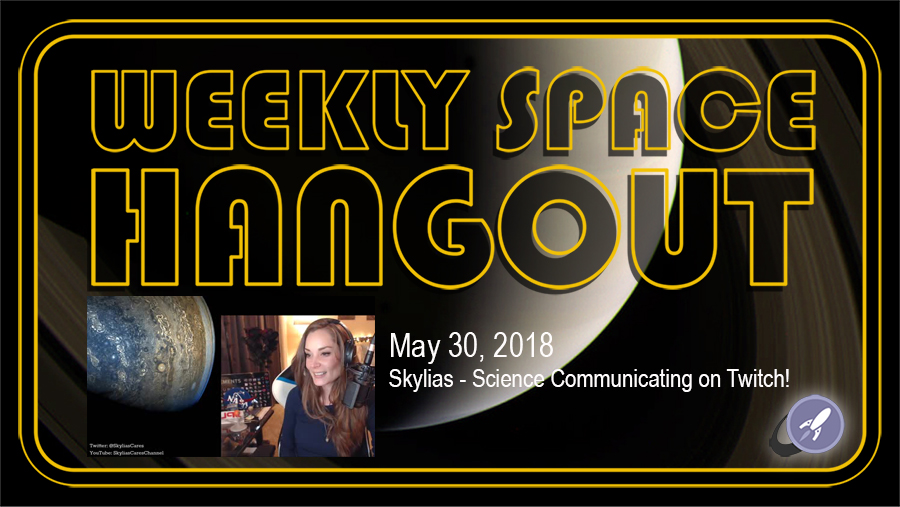
Continue reading
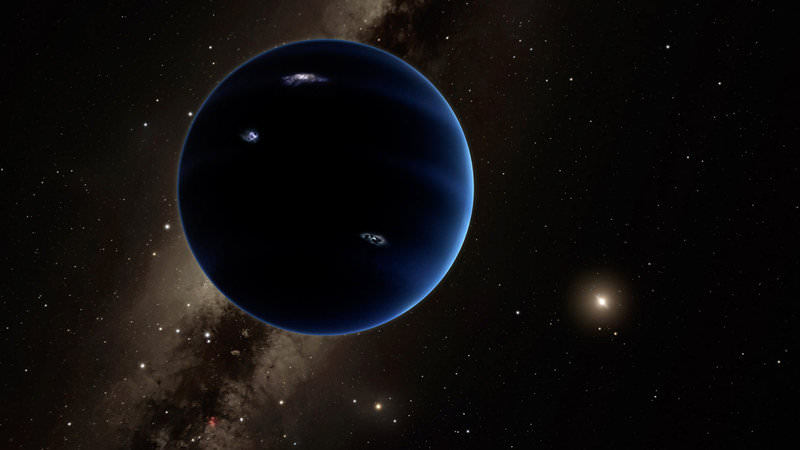
In a new study led by the Lowell Observatory, a team of researchers indicate how the next-generation Large Synoptic Survey Telescope (LSST) could find the elusive Planet 9 (Planet X)
Continue reading
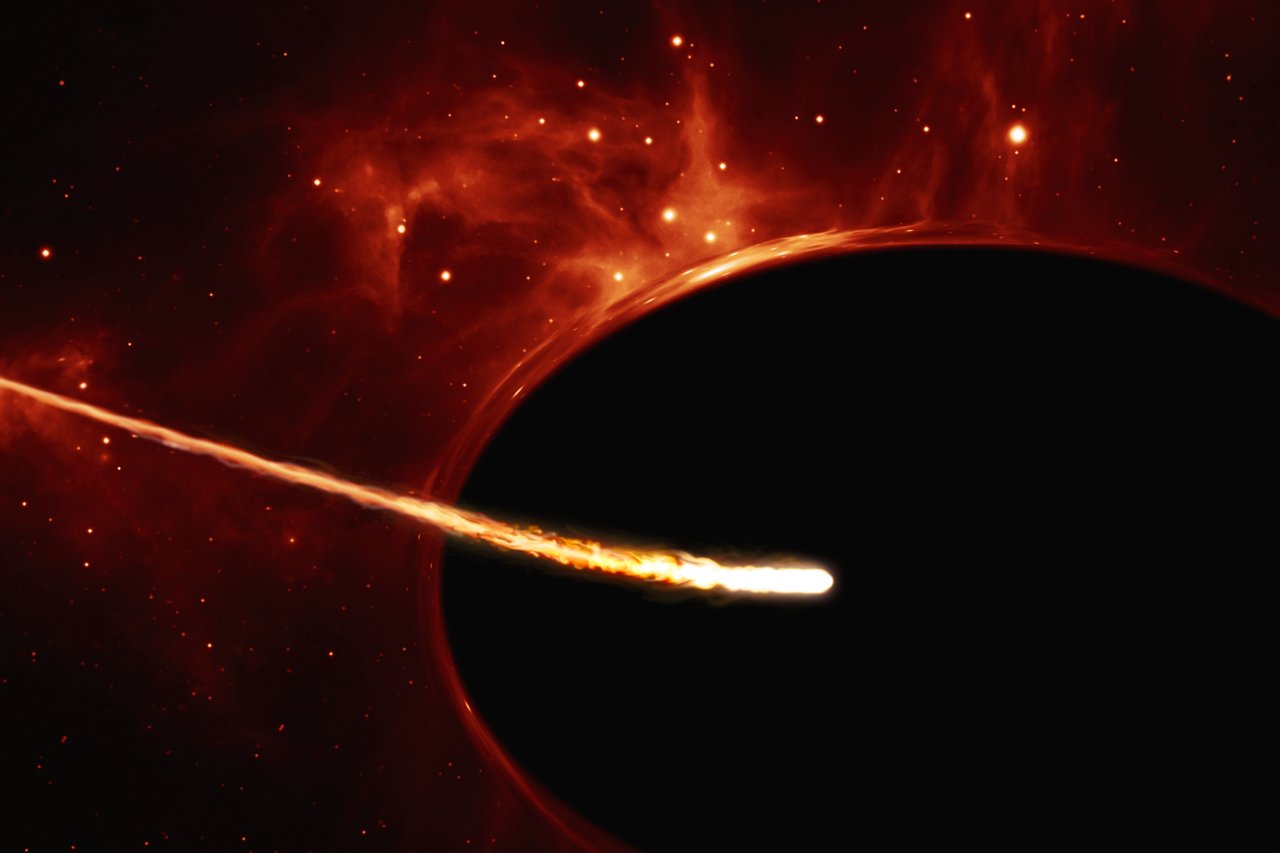
An international team of scientists recently created a unified model that shows what happens when stars are consumed by a Supermassive Black Hole.
Continue reading
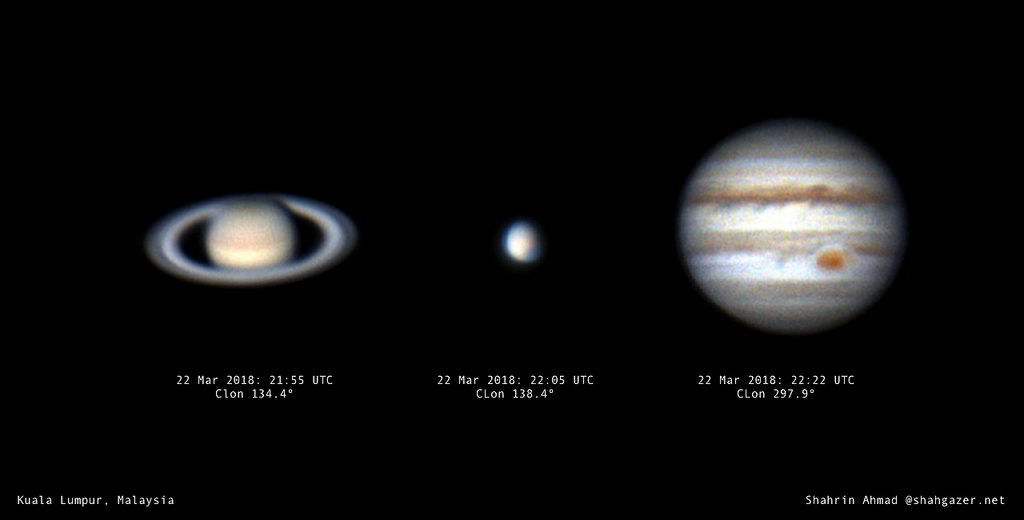
We're in the midst of a parade of planets crossing the evening sky. Jupiter reached opposition on May 9th, and sits high to the east at dusk. Mars heads towards a fine opposition on July 27th, nearly as favorable as the historic opposition of 2003. And Venus rules the dusk sky in the west after the setting Sun for most of 2018.
June is Saturn's turn, as the planet reaches opposition this year on June 27th, rising opposite to the setting Sun at dusk.
Continue reading

Continue reading
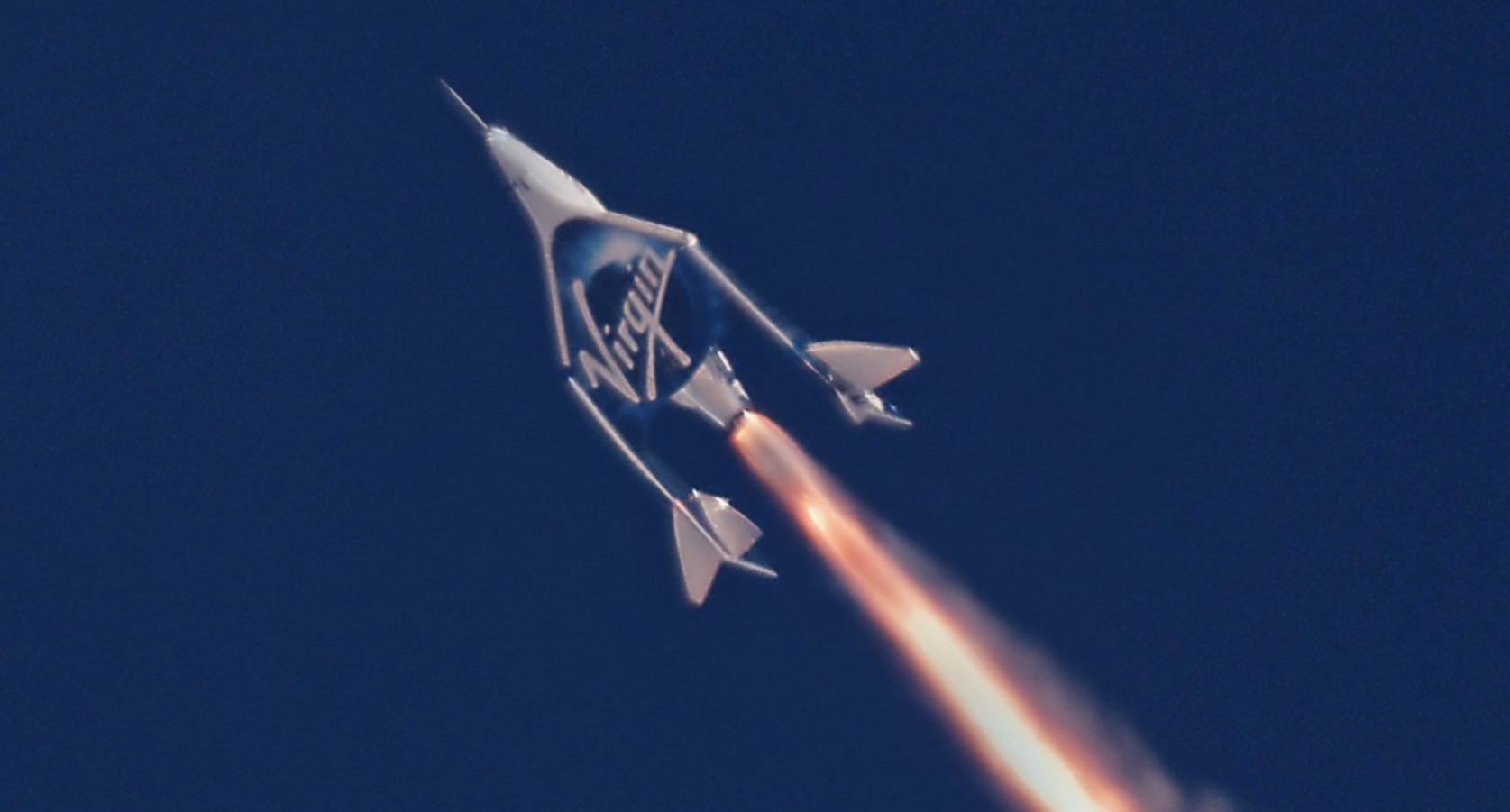
Virgin Galactic recently conducted its second successful powered test flight of the VSS Unity, bringing the company one step closer to its goal of space tourism.
Continue reading

Footage obtained from Bill Ingall's melted camera shows exactly how flames triggered by the launch it was covering consumed the camera
Continue reading
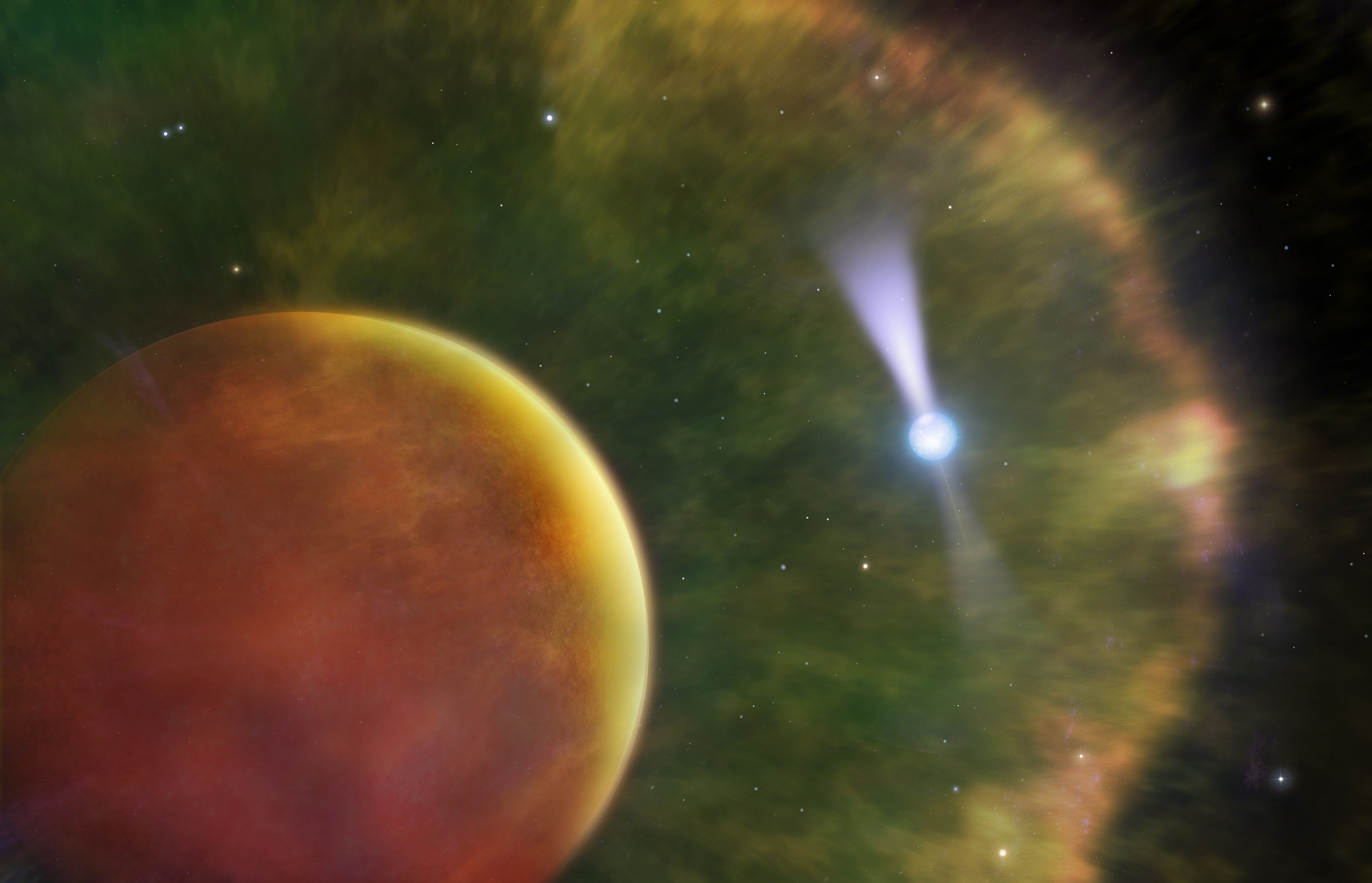
A team of Canadian astronomers viewed an eclipsing binary pulsar and used the gas as an "interstellar lens" to capture the most high-resolution observations of a pulsar ever.
Continue reading

A new study conducted by researchers from the Southwest Research Institute indicates that Pluto could have formed from a billion comets
Continue reading
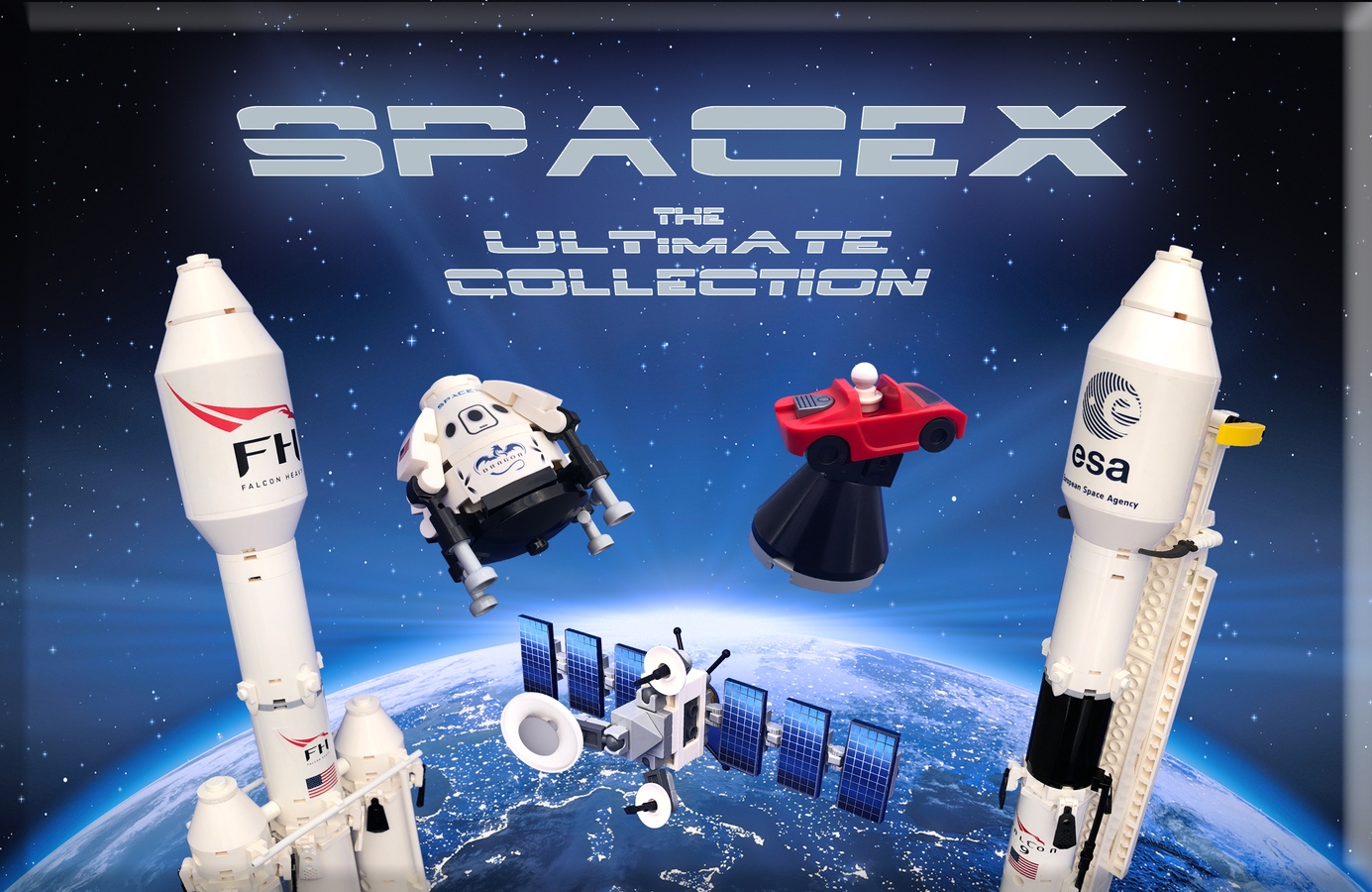
Continue reading
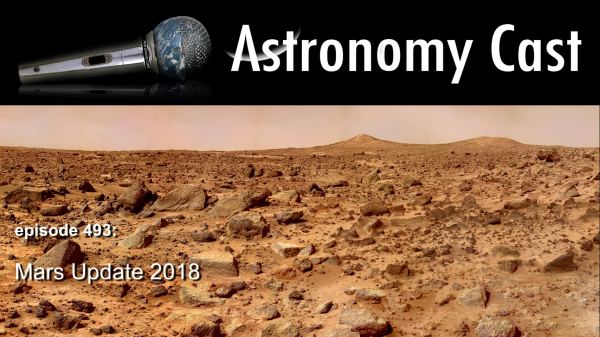
Continue reading
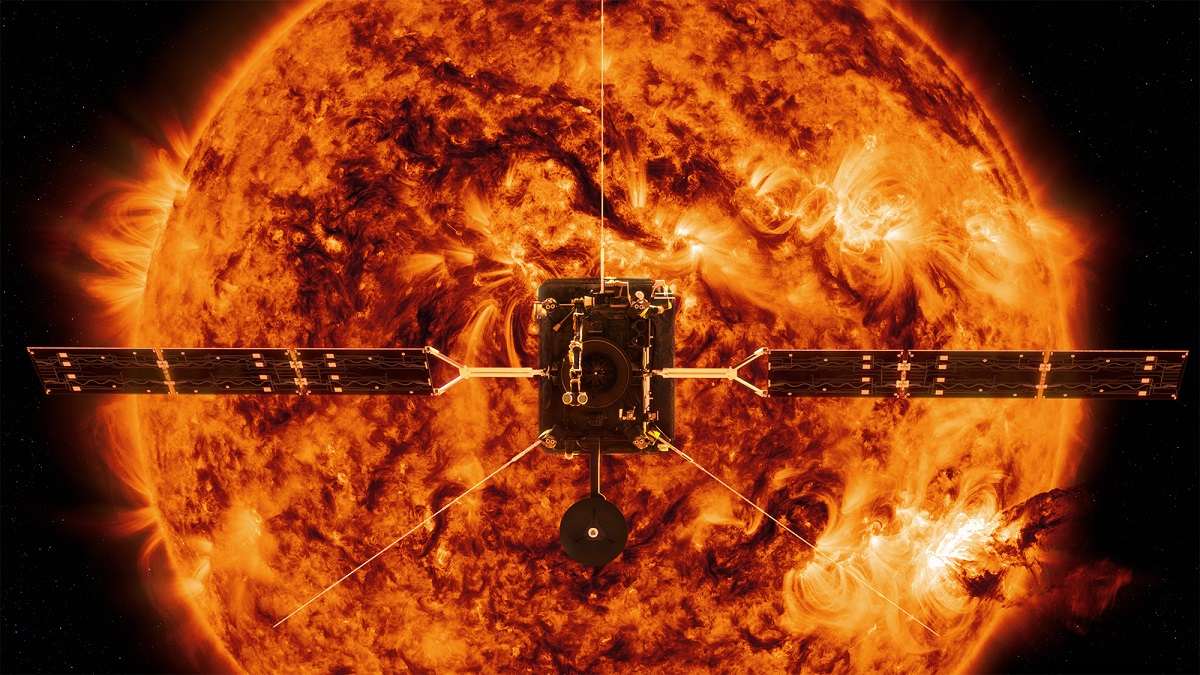
Two upcoming missions - NASA's Parker Solar Probe and the ESA's Solar Orbiter - will get closer to the Sun than ever before in the hopes of unlocking its secrets.
Continue reading
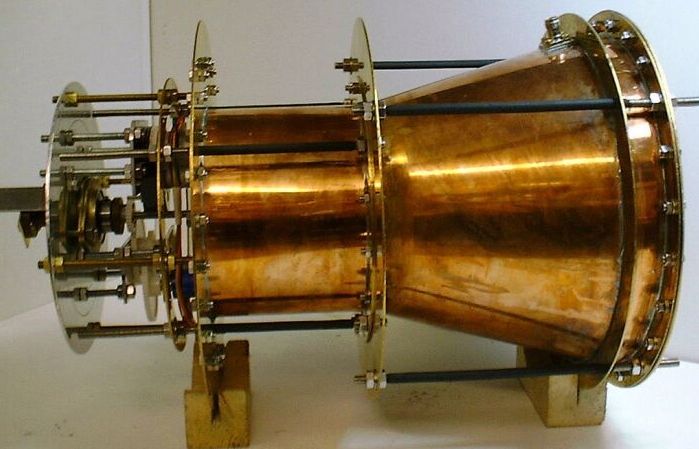
After conducting their own tests on the EM Drive, a team from UT Dresden reported that any thrust coming from the engine might be due to interaction with Earth's magnetic field.
Continue reading
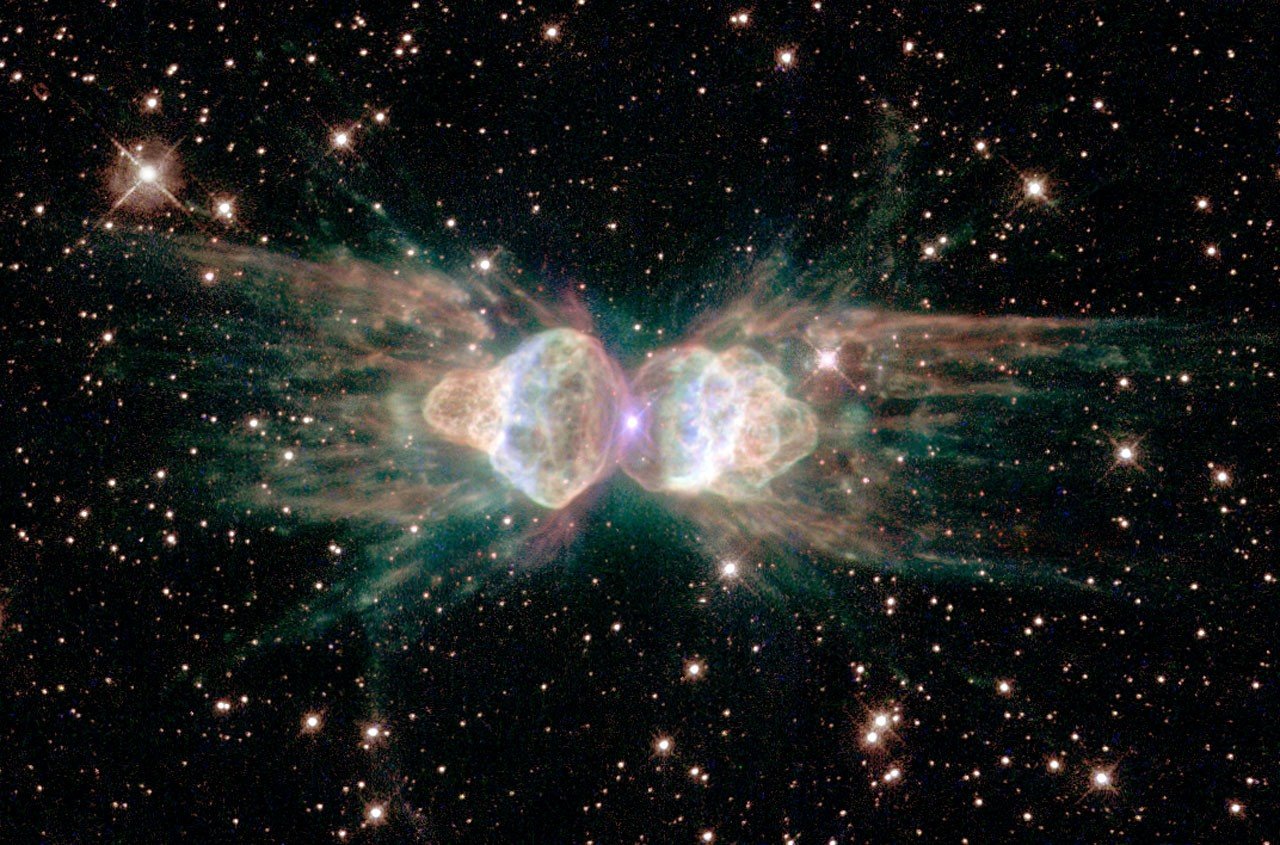
A team of astronomers, using the Herschel Observatory, recently observed a series of laser emissions coming from the ant nebula.
Continue reading
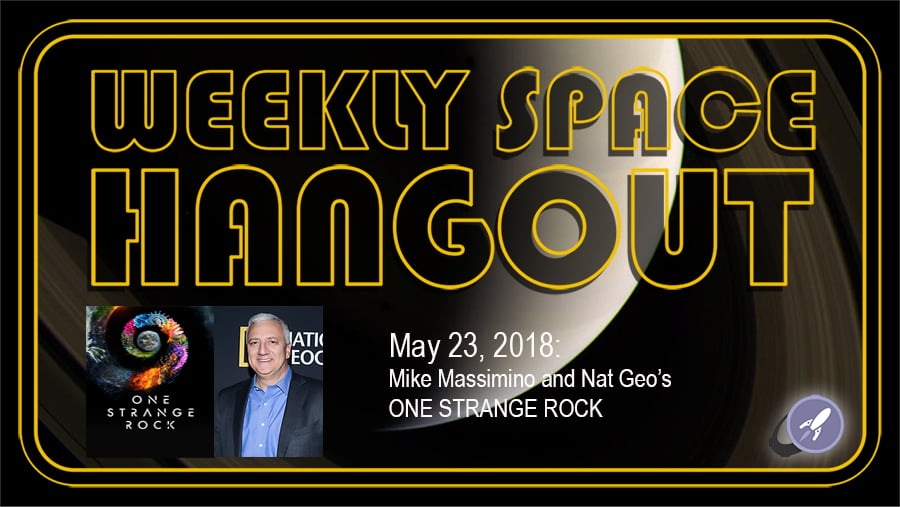
Continue reading
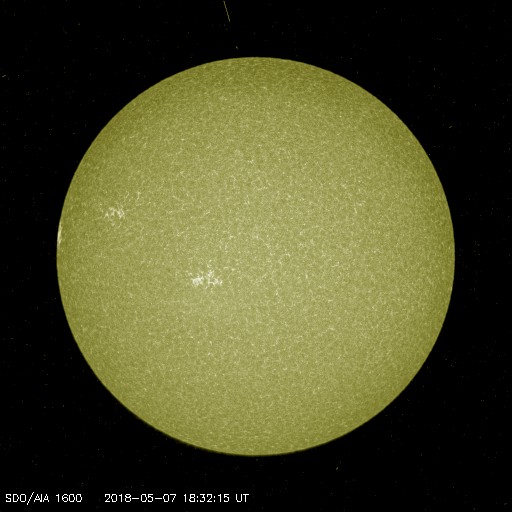
Have you been keeping an eye on Sol lately? One of the top astronomy stories for 2018 may be what's not happening, and how inactive our host star has become.
Continue reading

Continue reading

Continue reading

According to a new study from the Thomas Jefferson National Accelerator Facility, the pressure at the center of a proton is one-hundred times greater than at the core of a neutron star!
Continue reading
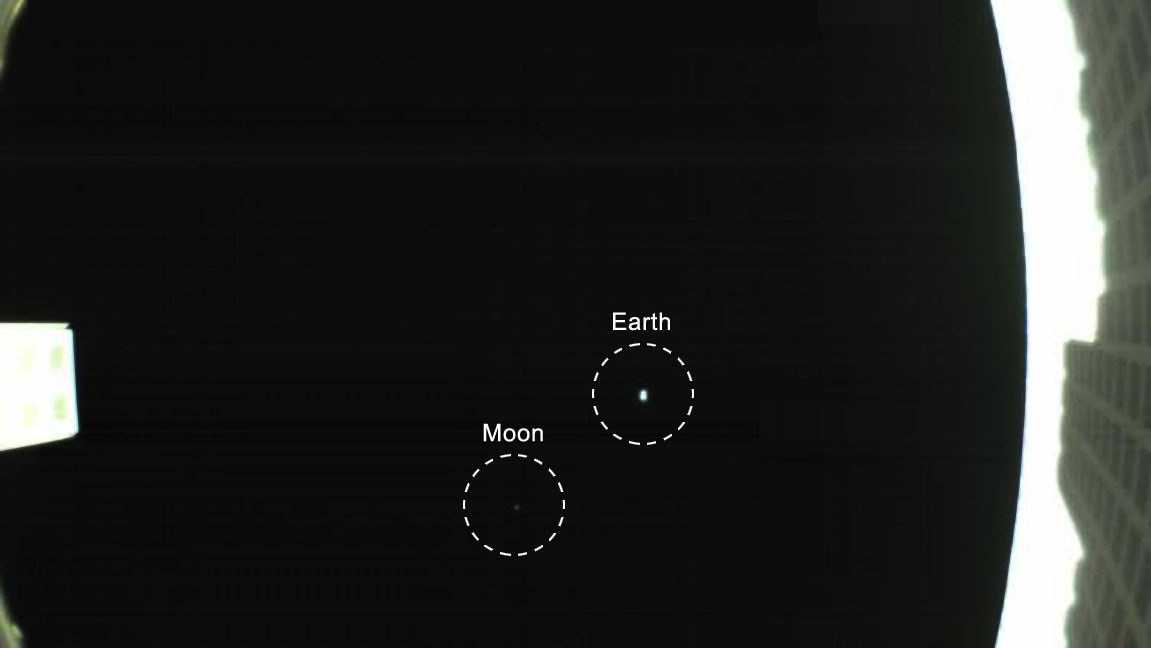
NASA's MarCO Cubesats, which are currently on their way to Mars with the InSight Lander, recently snapped a "pale blue dot" photo of Earth and the Moon.
Continue reading
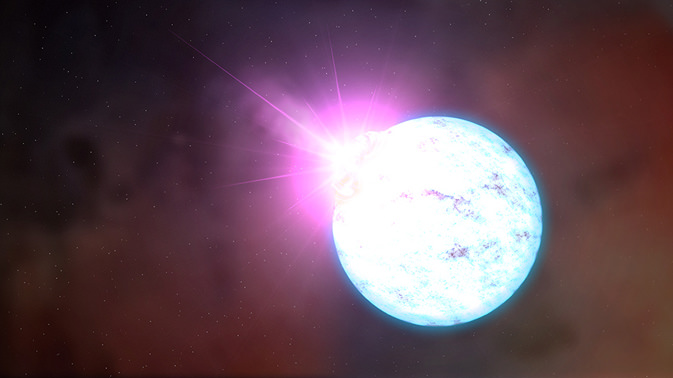
According to a new study by a team of Chinese astronomers, fast radio bursts (FRBs) could be caused by the collapse of normal matter-crusts around "strange stars".
Continue reading
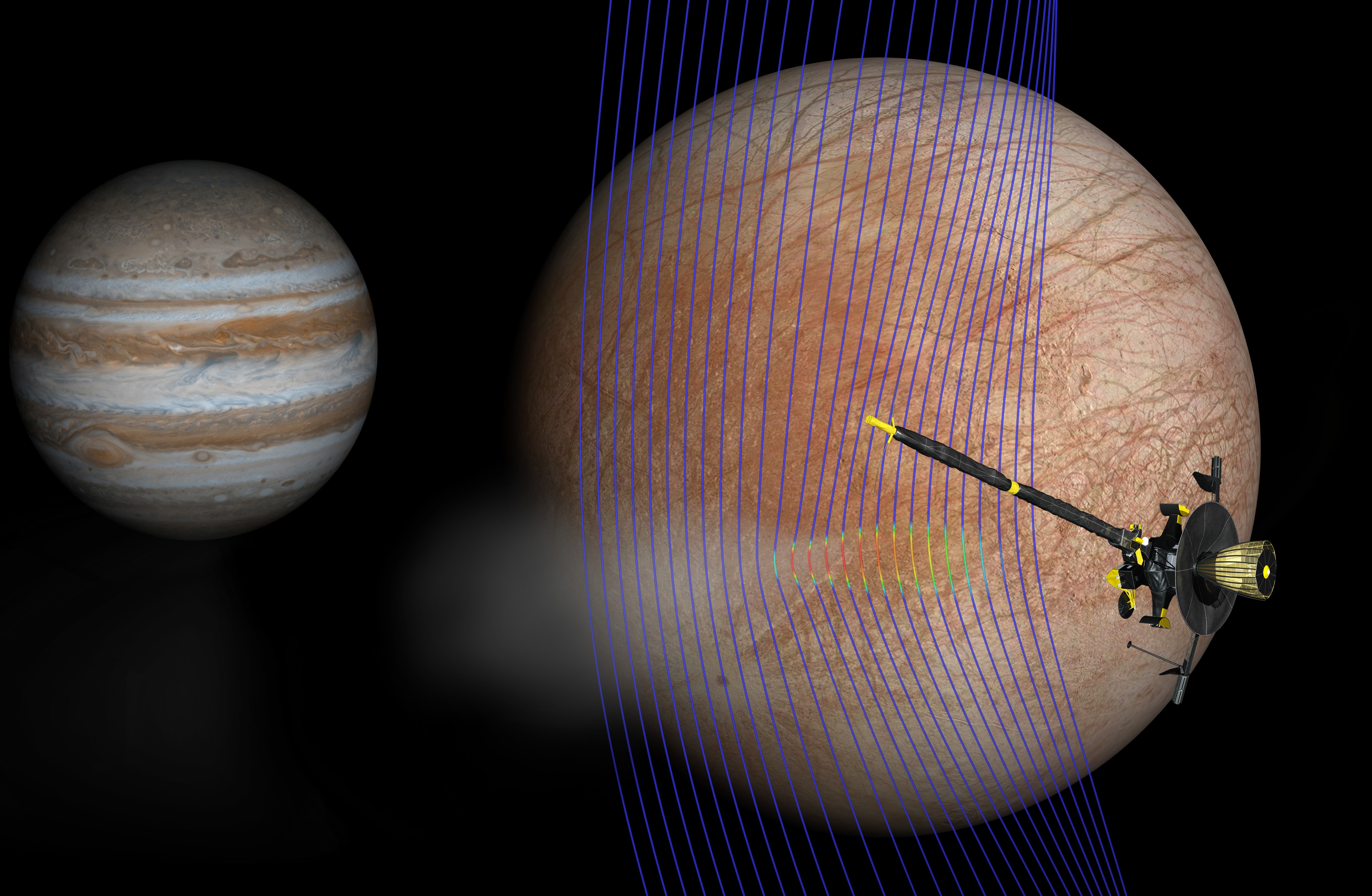
Using old data from the Galileo spaceprobe, a team of NASA scientists has found more evidence of plume activity on Europa's surface.
Continue reading
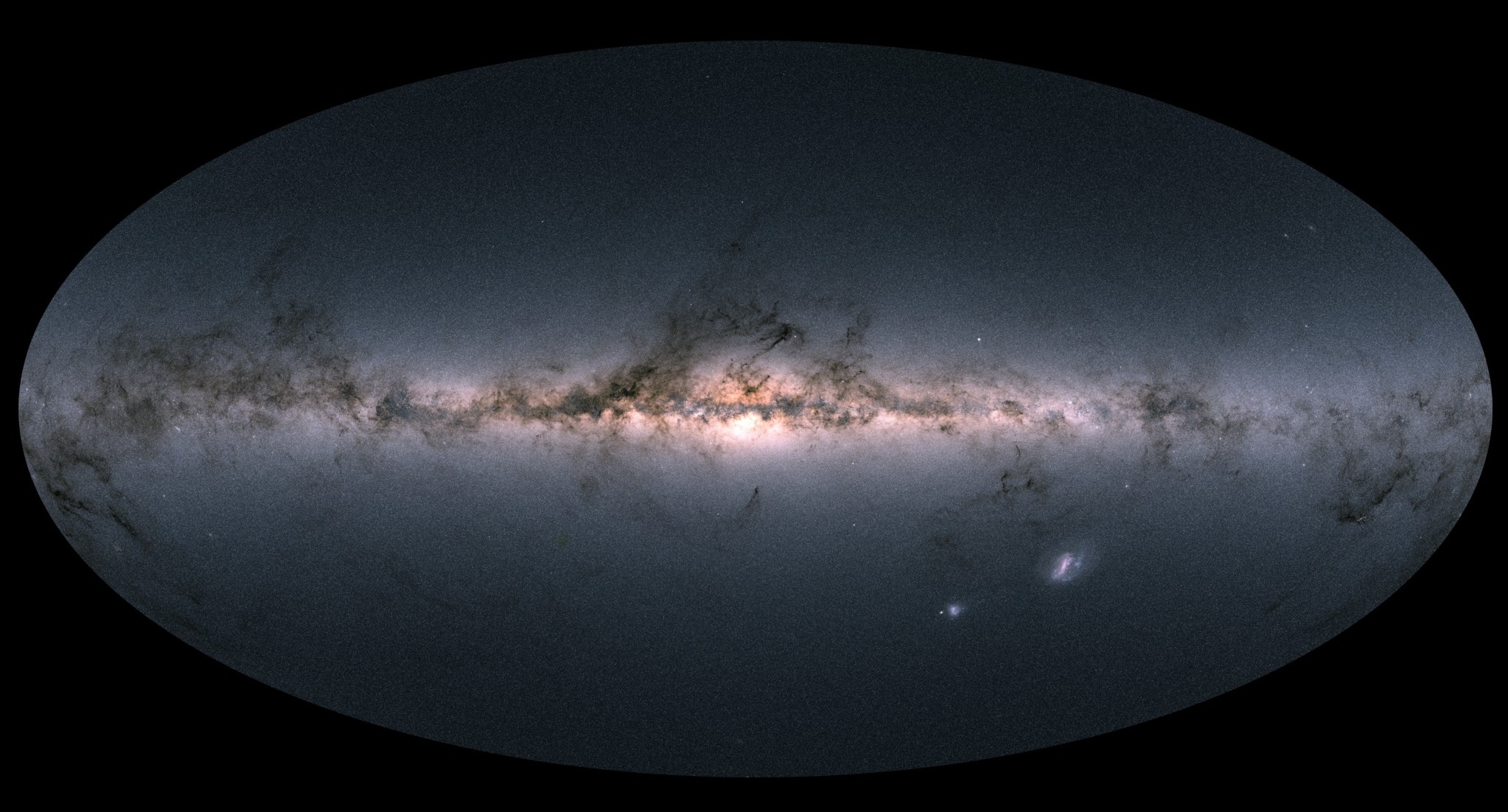
Based on the 2nd Gaia Data Release, a team of astronomers were able to directly detect and compile information on over 1000 white dwarf stars in our galactic neighborhood.
Continue reading
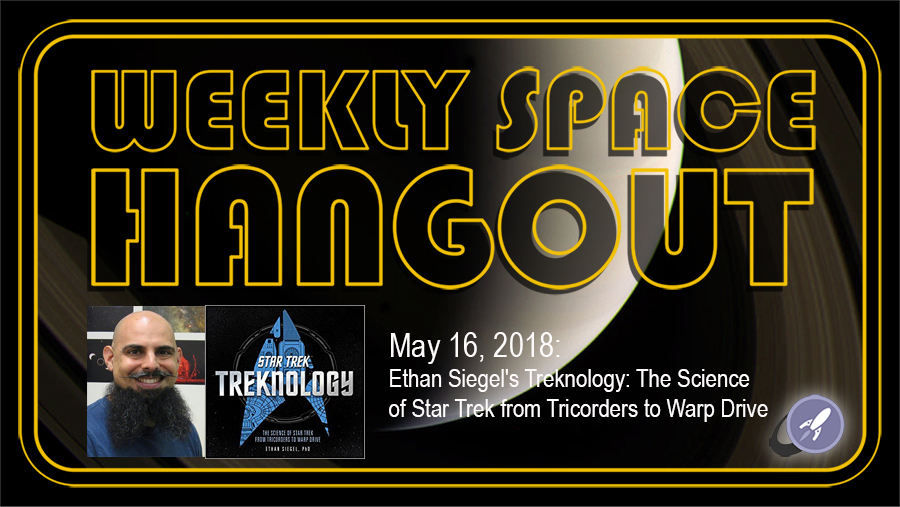
Continue reading

Continue reading
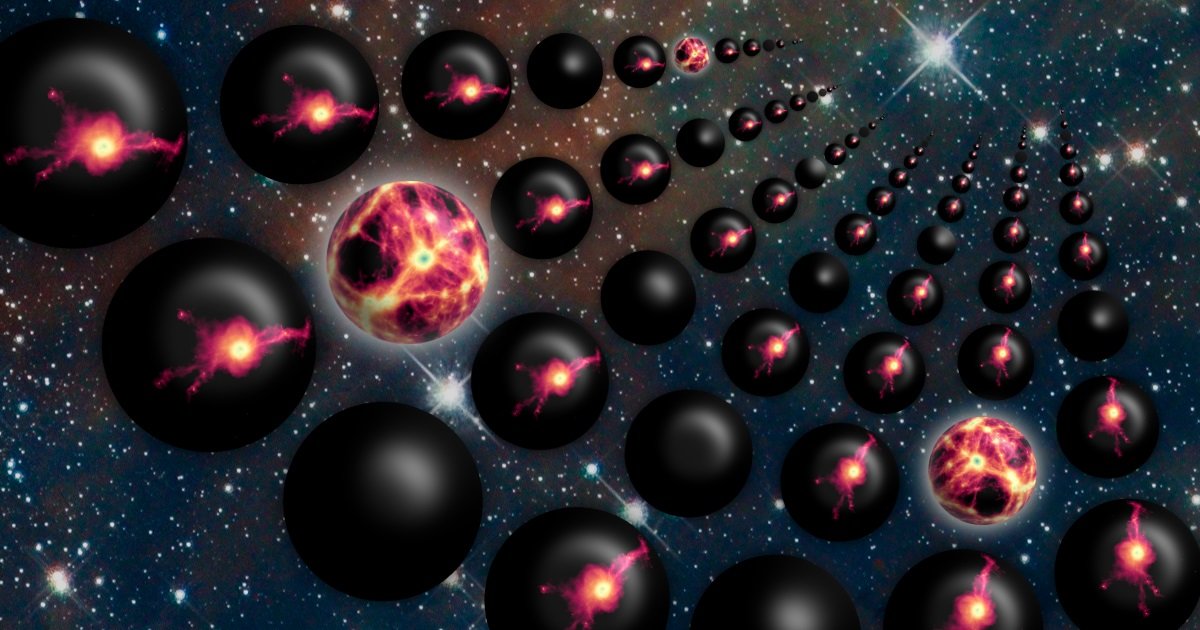
In a series of new studies, an international team of researchers found that if we live in a multiverse, it is likely to be as habitable as our own.
Continue reading
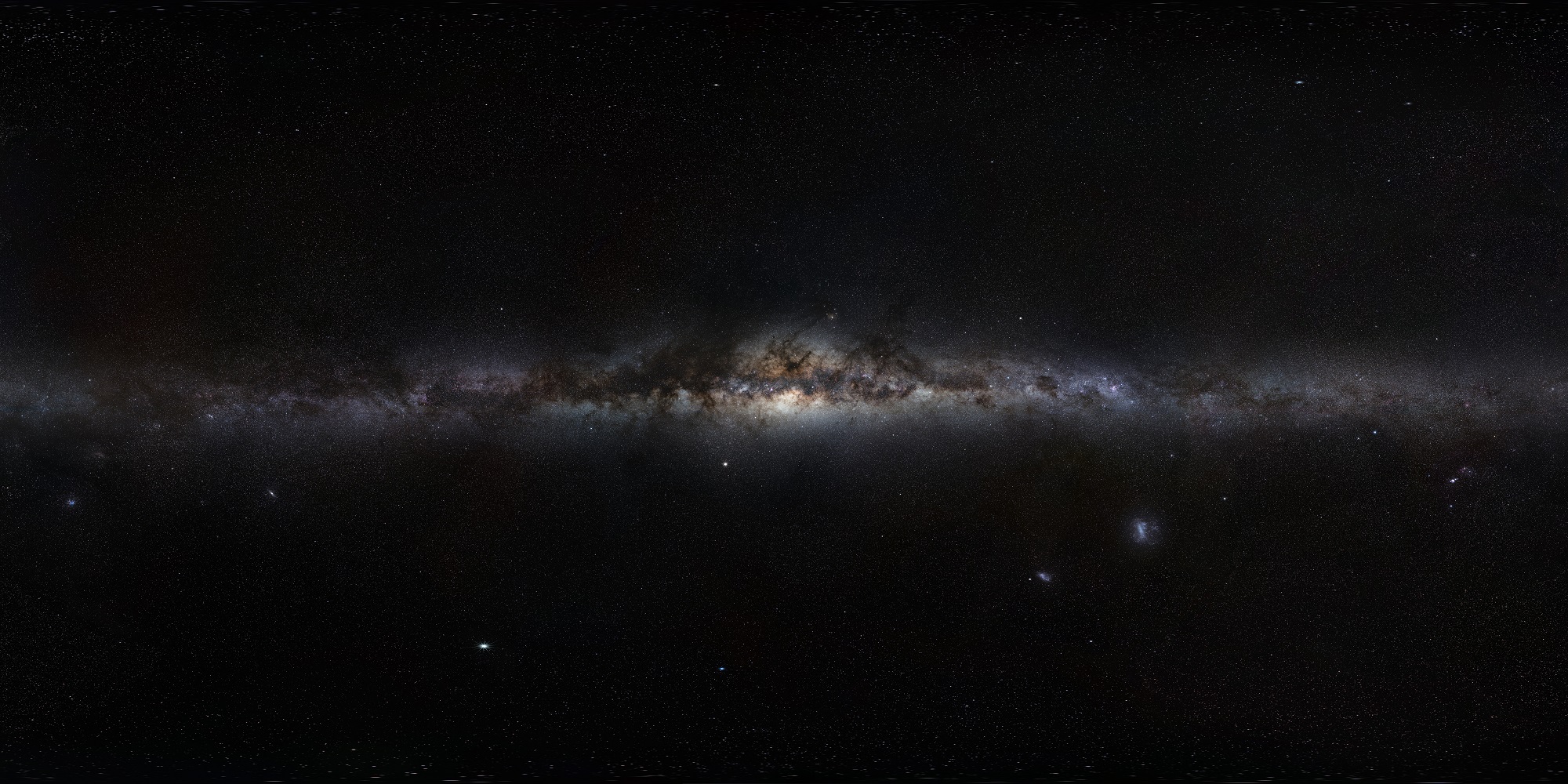
A new study by a UK scientists takes a look at the different means of interstellar travel, and considers the pros and cons of each.
Continue reading

Continue reading
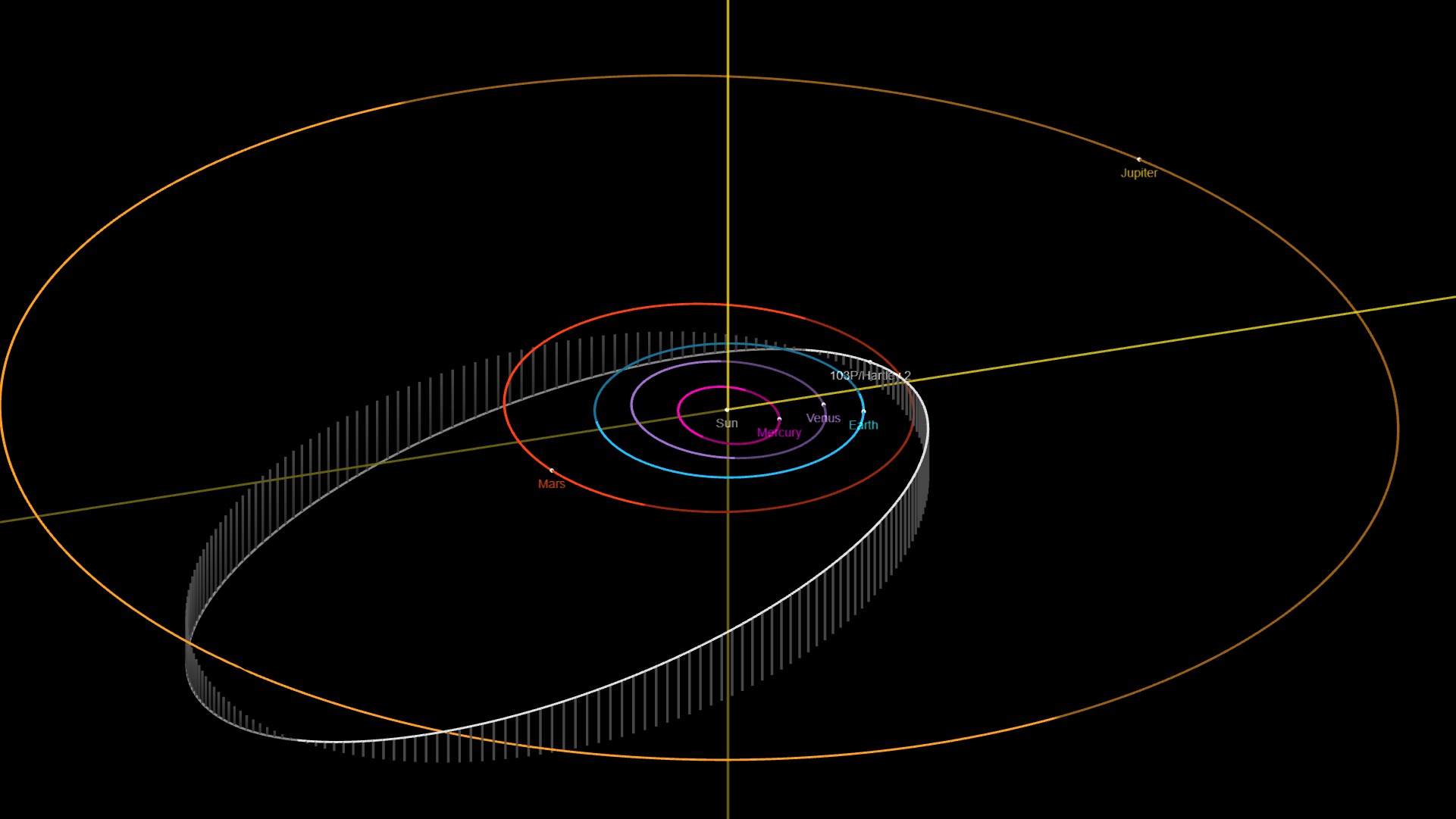
Incoming: The Earth-Moon system has company tonight.
The Asteroid: Near Earth Asteroid 2010 WC9 is back. Discovered by the Catalina Sky Survey outside Tucson, Arizona on November 30th, 2010, 2010 WC9 was lost after a brief 10 day observation window, and was not recovered until earlier this month. About 71 meters in size, 2010 WC9 is one of the largest asteroids to pass us closer than the Earth-Moon distance.
Continue reading
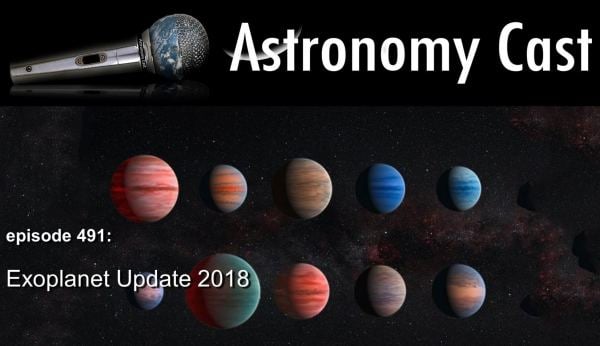
Continue reading
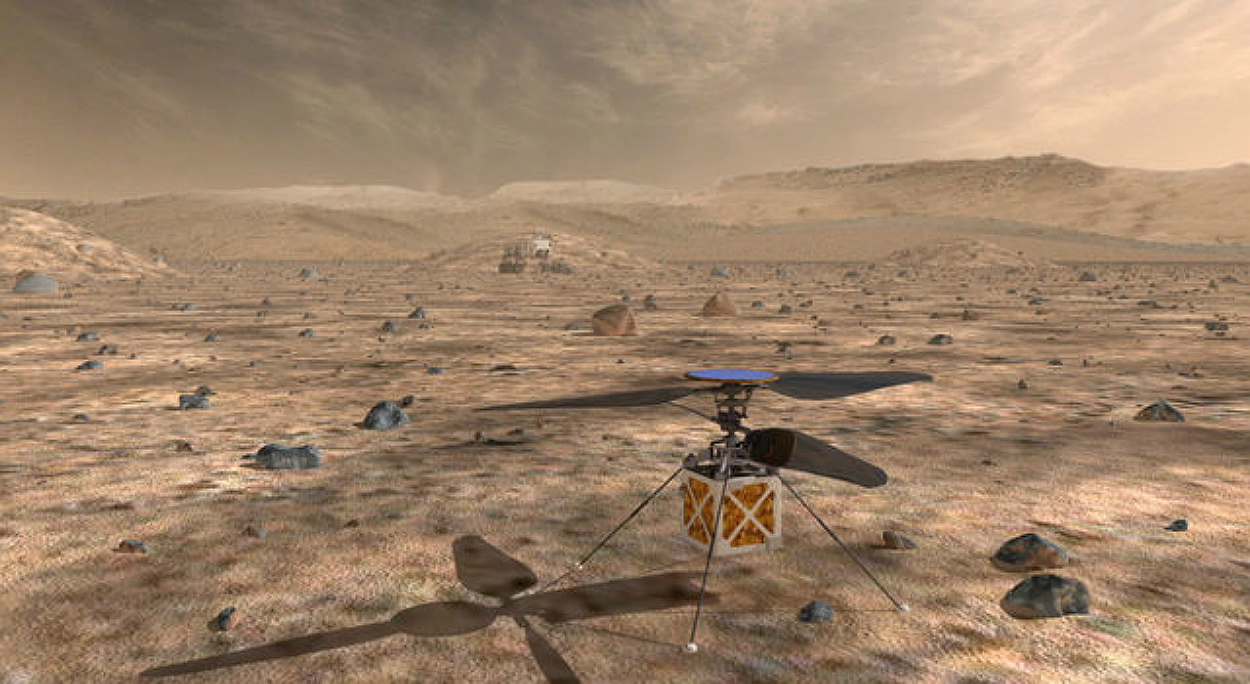
When the Mars 2020 rover arrives on the Red Planet, it will include a Mars Helicopter - a concept that will prove the viability of autonomous helicopter explorers.
Continue reading
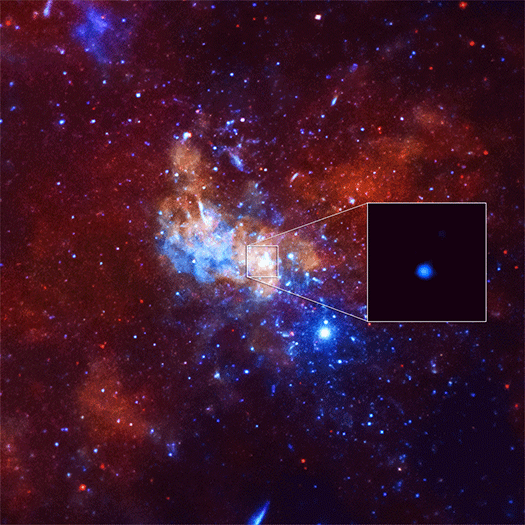
Using data from the Chandra X-ray observatory, a team of scientists have found evidence that indicates that thousands of black holes may reside near the center of our galaxy.
Continue reading
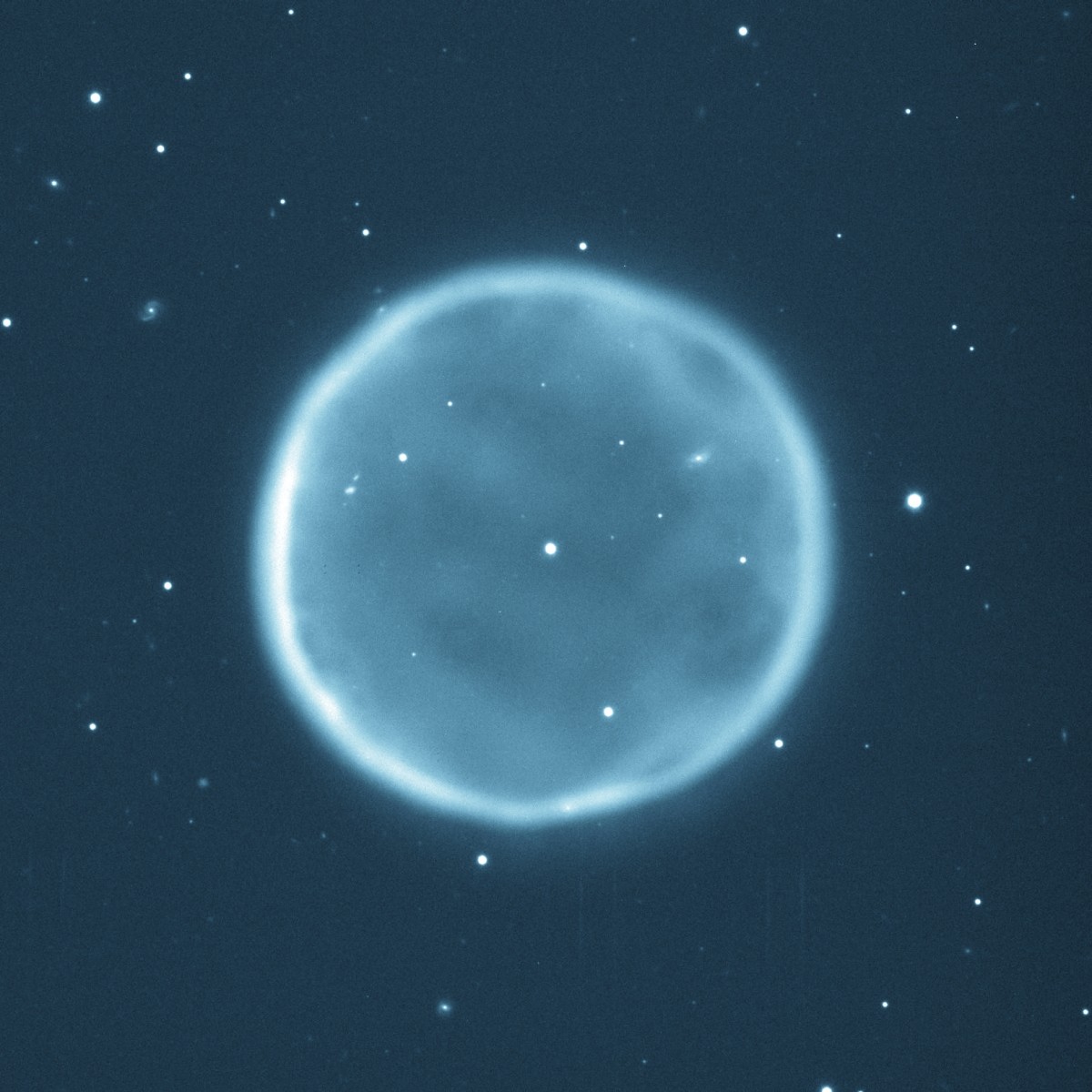
A new study by an international team of astronomers has demonstrated with scientific confidence what will happen to our Sun when it reaches the end of its life cycle.
Continue reading
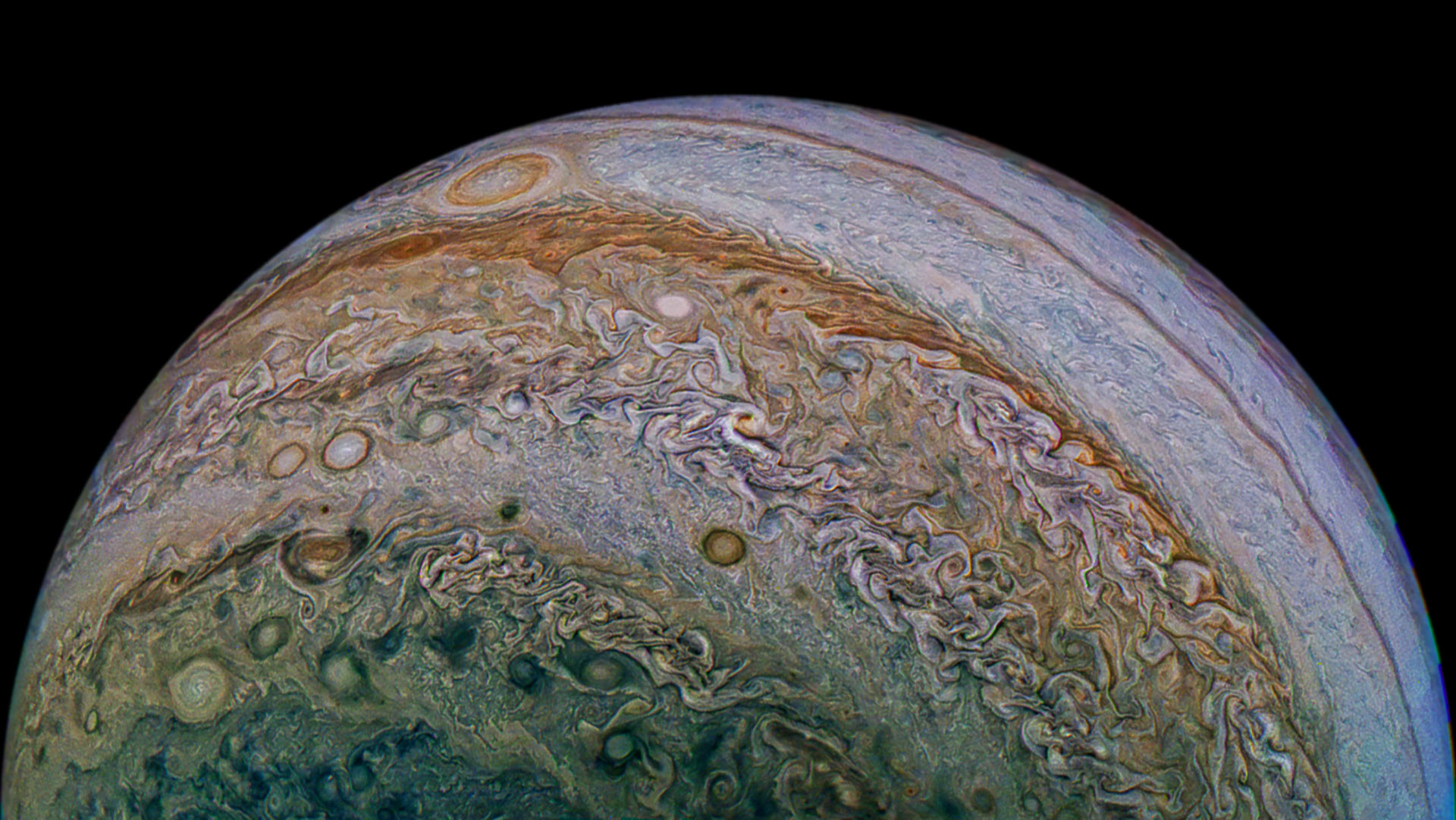
According to a new study by a team of Earth scientists and geologist, the way Venus and Jupiter affect Earth's orbit is the most predictable and stable indicator of periodic changes in our climate.
Continue reading
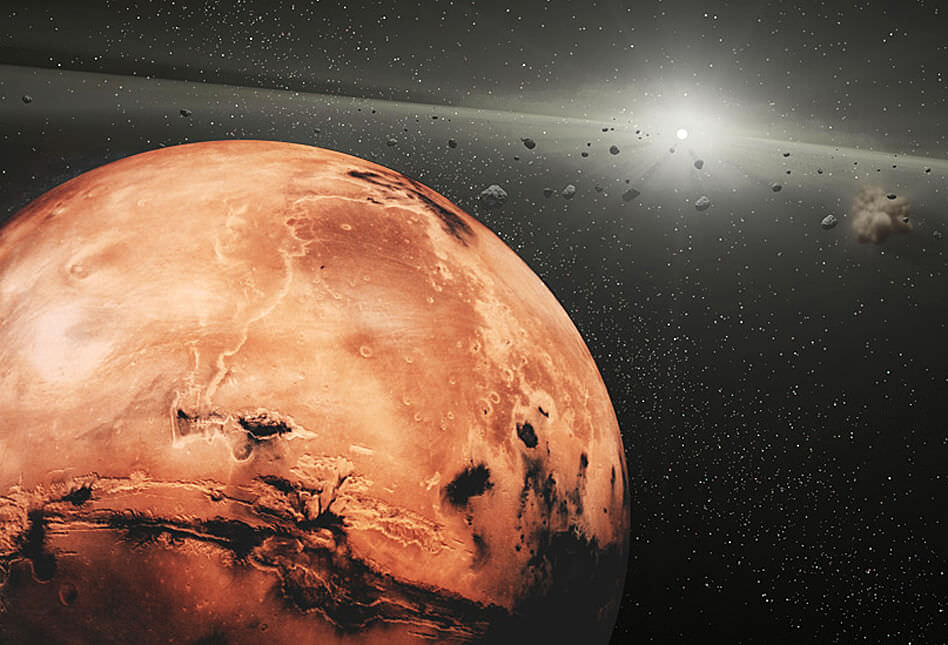
A new study by an international team of researchers indicates that Mars' growth was stunted due to the orbital instability of the planets in the outer Solar System.
Continue reading
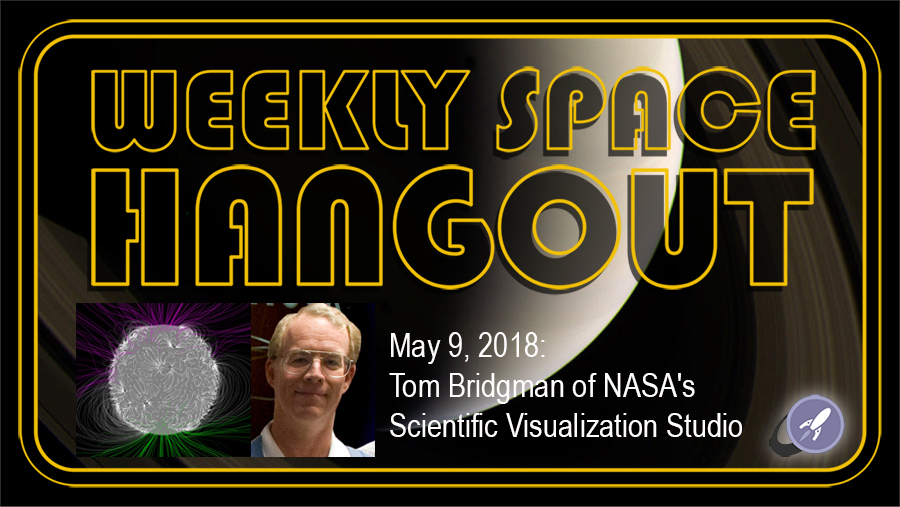
Continue reading
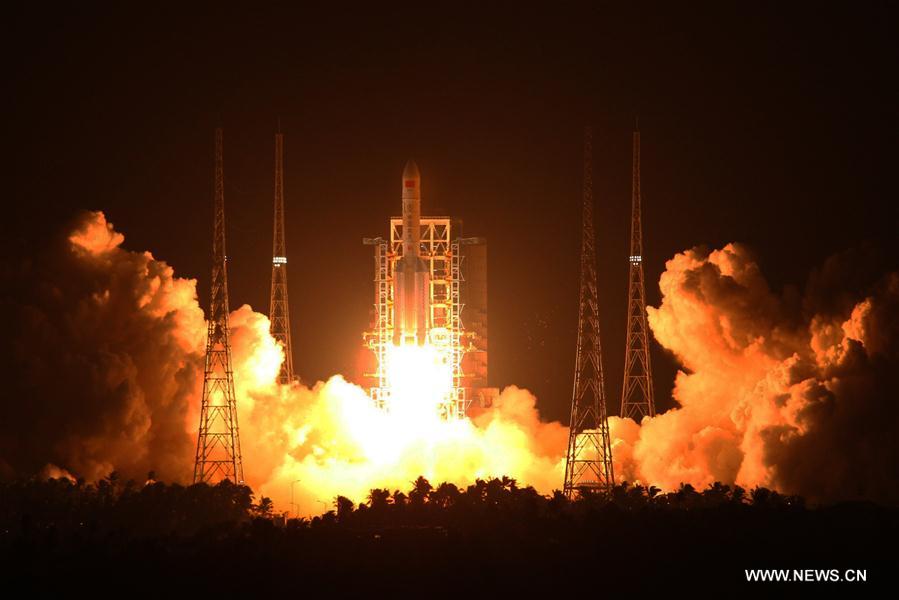
At a recent space conference in China, the Chinese space agency recently indicated that the Long March 8 rocket will include a reusable first stage
Continue reading
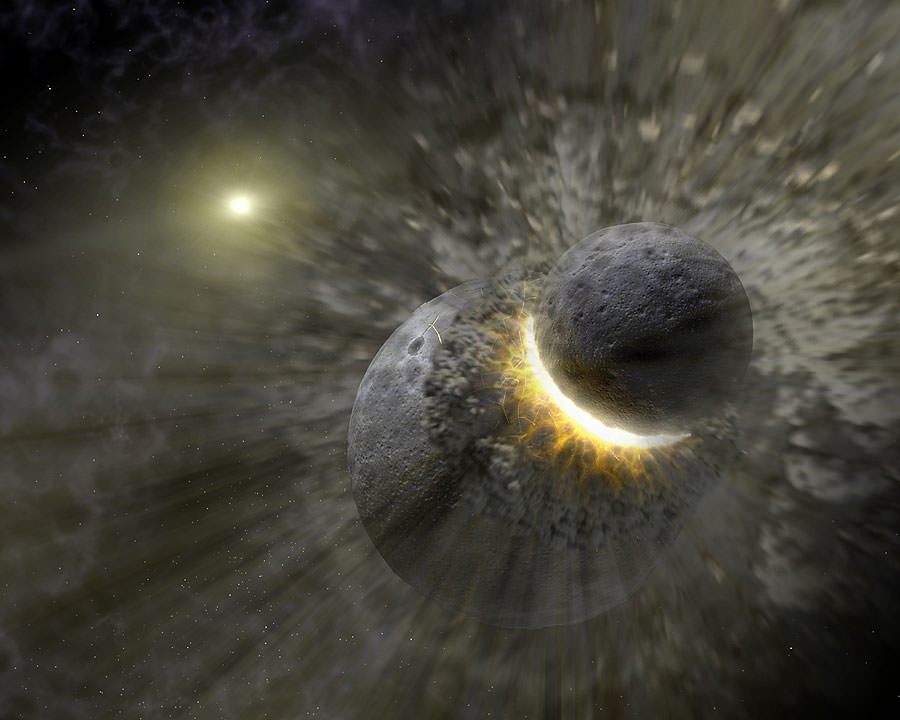
A new study by an international team of scientists ventures that the Earth has had several moons in the past, all of which crashed to Earth over time.
Continue reading
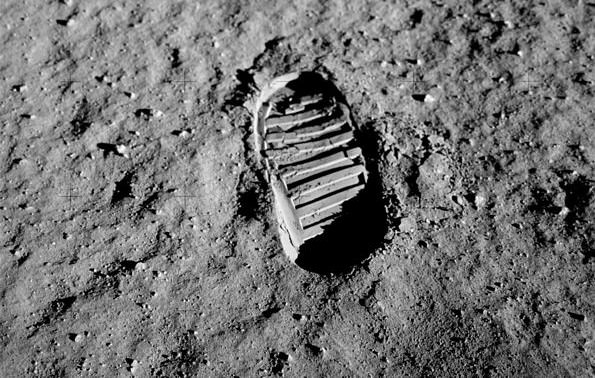
According to a new study, one of the greatest health risks posed by missions to the Moon could be the health effects of breathing lunar dust.
Continue reading


















































